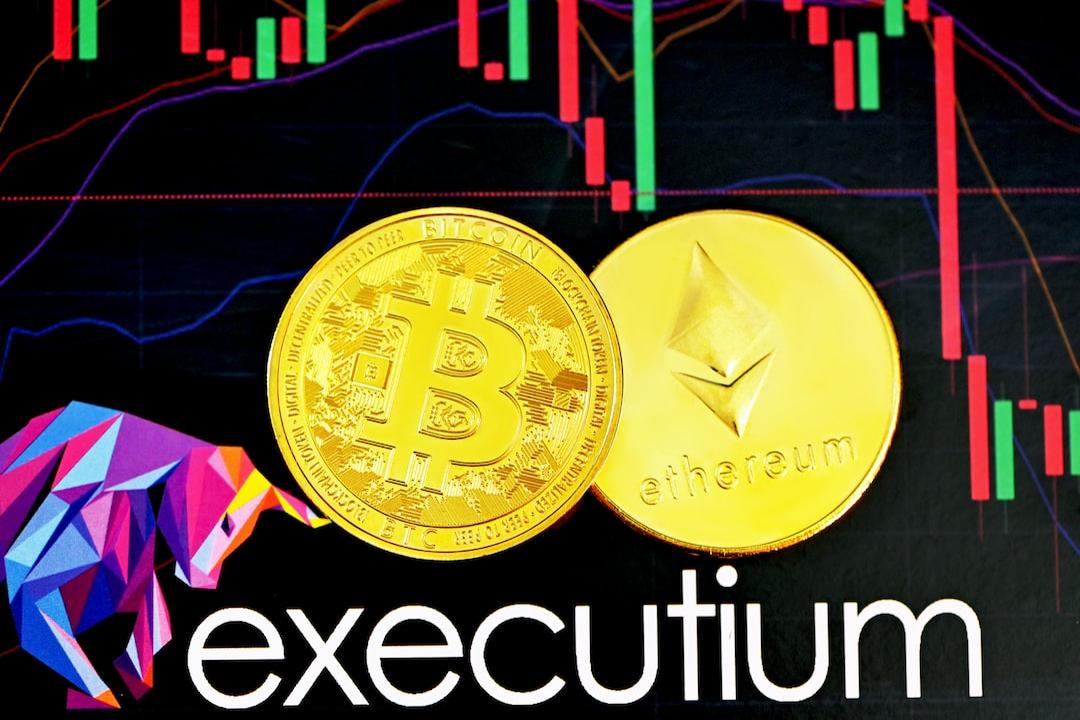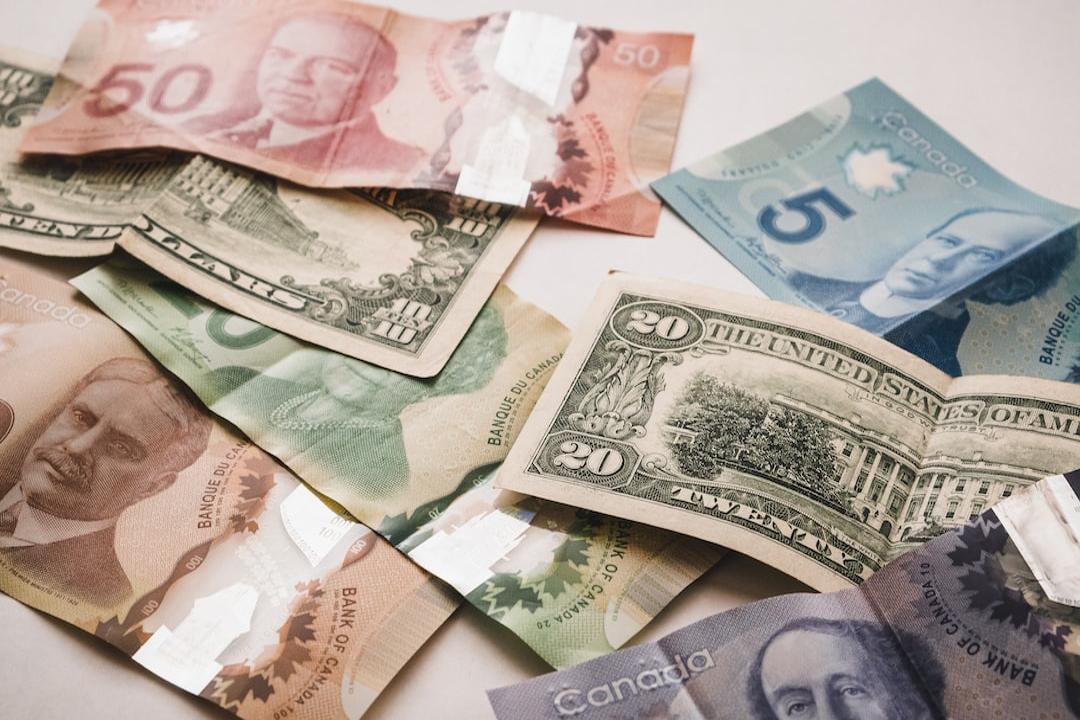The rise of meme coins created by celebrities poses significant legal risks, including allegations of market manipulation and fraud.
With the help of platforms like Pump.fun, social media and trading bots have facilitated the release of over 200,000 cryptocurrency memes in just 500,000 months.
Many celebrities have decided to enter the cryptocurrency space with their own tokens, but this trend is fraught with legal risks. For example, it is rumored that Donald Trump’s son Barron is involved in the DJT Coin meme token, although there is no connection between the former president and his son, Roger Stone.
In previous cycles, popular celebrities endorsed various cryptocurrencies only to face lawsuits when platforms like FTX collapsed. On the other hand, lower-ranking celebrities are turning to meme cryptocurrencies as a means to attract audiences and make quick money.
Read more:

Crypto wallet app CoinStats reports major security vulnerabilities.
While meme coins can build communities and create wealth, they can also be used for fraud. Investor Raul Pal refers to this phase as the “banana zone,” where anything can skyrocket, attracting scammers and adventurers to inflate prices and liquidate tokens for profit.
In this risky environment, celebrities should be aware of the legal implications. If celebrities intentionally deceive consumers, they may face fraud charges. Securities laws protect investors from fraud and market manipulation.
In prosecuting celebrities involved in “pump and dump” schemes, the government must prove their intent to defraud and impact commerce. Token sales after price manipulation could strengthen fraud charges.
Meme coins can connect communities and create financial opportunities, but they also carry risks of abuse and manipulation. Consumers should remain vigilant, and celebrities should understand the potential legal consequences of their actions.


